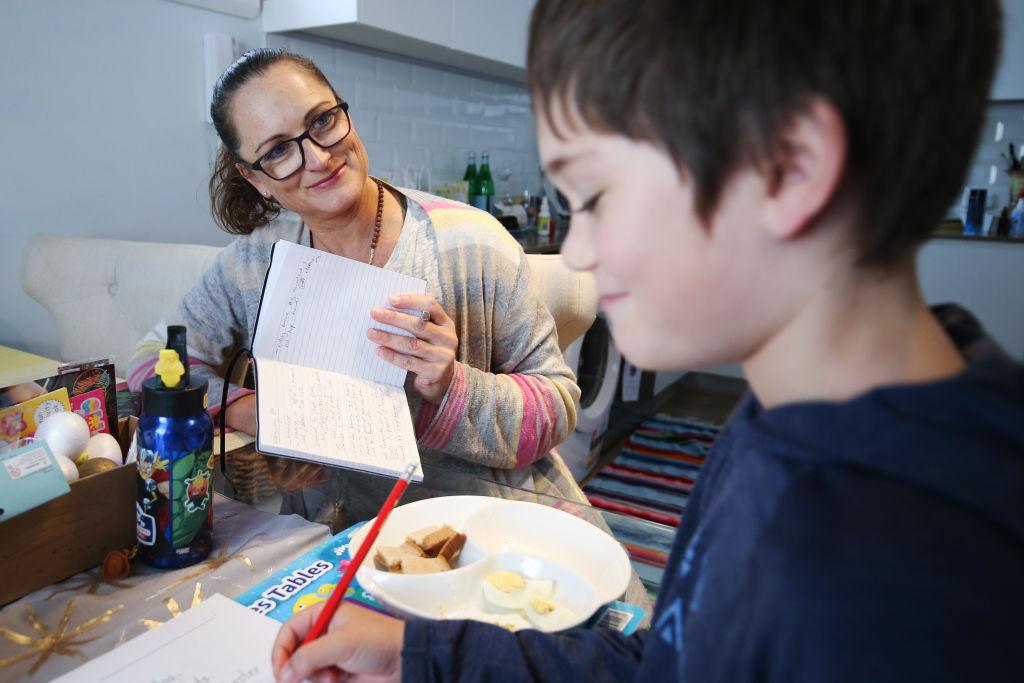The Queensland government has introduced legislation in parliament mandating that home education is consistent with the Australian government’s curriculum.
This comes amid an almost tripling of students who are been homeschooled in the state since the outset of the COVID-19 pandemic.





